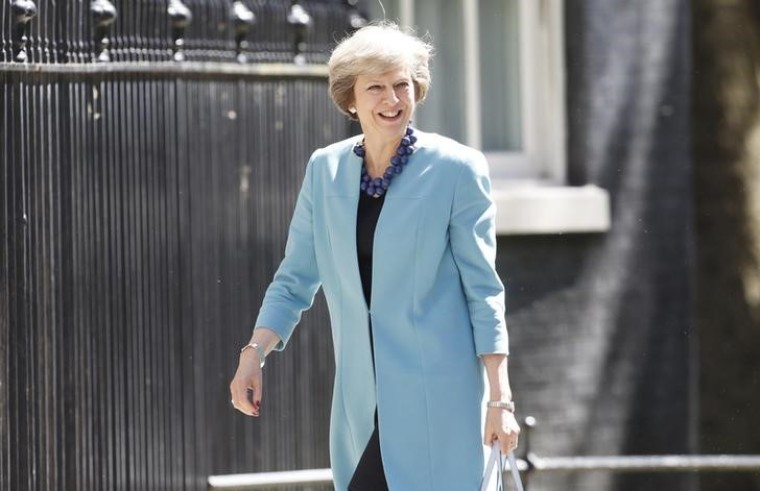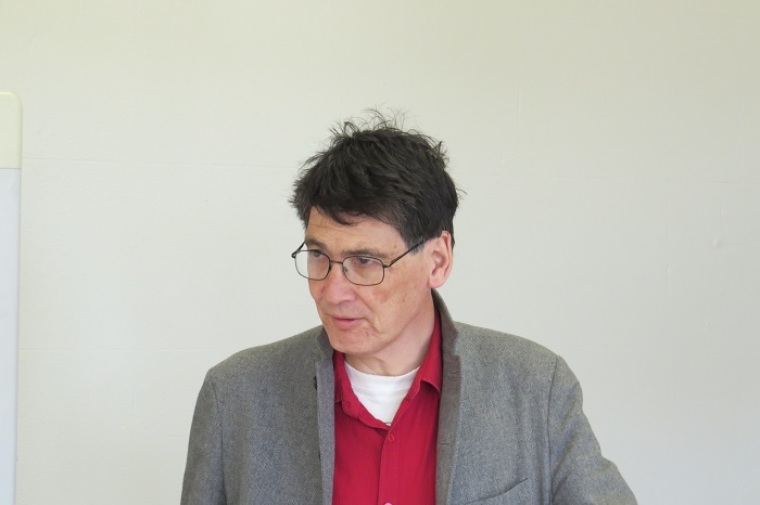

On July 13, Theresa May became the second British female prime minister and David Cameron handed in his resignation. However, what is she walking into? What has Cameron achieved in his six-year leadership of Britain?
David Cameron became the youngest Prime minister for more than 200 years, creating the first Coalition government since World War II. He quickly created a working relationship with Liberal Democrat leader Nick Clegg. However, he raised University fees—which Nick Clegg didn't agree with. He created a new NHS structure, and has found it a major struggle throughout his time in leadership to convince the public this was the right move going forward.
Although many didn't agree with several of his cuts and raises, his main area of focus was to cut the deficit—although he didn't make any false promises during his election campaign that this would be his priority if elected. He started to make many cuts, including cuts to welfare.
A demonstration of strength
In 2015, there was a national election which, although some might not have liked the result of him winning, he returned to power without needing to form a coalition. This demonstrated his strength as Prime Minister and a boldness that reassured the public they could trust his leadership.
He tried to achieve a new EU deal for Britain, which was rather unsuccessful, but the EU referendum was set for June 23. He believed—along with George Osbourne (the Chancellor) —that Britain should remain in the EU. However, 52% of the public voted to leave, triggering article 50 in relation to voting to leave, in Parliament.
Due to this, David Cameron believed it was right to step down, and this led to the question: who would be the next prime minister? Boris Johnson, who led the main Exit campaign, appeared a likely candidate.
However, on July 13, Theresa May took control. She was the former Home Secretary, and therefore was in charge of areas such as the police, national security and immigration. Her first job was to determine who would be in her cabinet.
A new cabinet
Theresa May has appeared to make a cabinet fairly evenly split in their views regarding EU Exit or Remain. She has added a few new positions, including a Secretary of State for Exiting the EU and a Secretary of State for International Trade. The main mentions are Boris Johnson, who dramatically pulled out to become the new leader, as Foreign Secretary, and Philip Hammond, who is the new Chancellor of Exchequer and who was known as "box office Phil" for what was known as his rather dull delivery.
There are many in the other parties, including the Liberal Democrats, Labour and the Greens, who are calling now for a general election after the recent turn of events.

However it appears for the future, Theresa May will continue strong in the meantime and we are waiting to see what she will establish as her main priorities. These will likely include Brexit, and Scotland—which appears to be a major focus and/or worry for people in England at present.
What may be of interest is that both David Cameron and Theresa May are regular worshippers in Christian churches. Theresa May, 59, is a committed evangelical and daughter of an Anglican minister.
Mike Burr is from Manchester, England, with a marketing degree and several years working in the corporate world. Mike is in Australia for six months at a YWAM Discipleship Training School in Byron Bay, NSW.